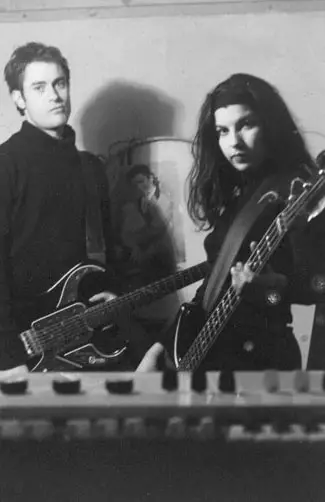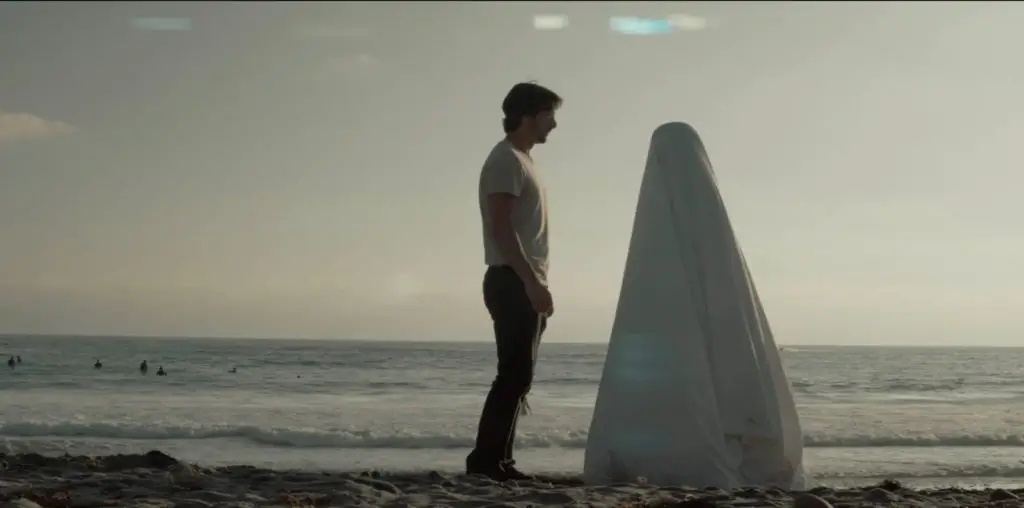
Clashing styles, conflicting creativity, and budding personalities can all factor into a band’s implosion. Directors Andrew Moore and Cushla Dillon’s King Loser shows us that nothing halts a young group’s potential quite like drug and substance abuse, a vice known all too well for being the main contributor to countless downfalls in the pantheon of rock and roll.
The documentary catches up with the former members of King Loser almost twenty years after the band’s 1997 breakup. Celia Patel, Chris Heazlewood, Sean O’Reilly, and Lance Strickland reconnect to prepare for a reunion tour, which is intended as their final bow. We follow the group’s travels from gig to gig as the old bandmates collectively struggle to rekindle the passion of their craft along with their desire to play side by side once again. The bumps that occur along the way are born out of years of pent-up regrets and addiction. The gripping toll of two decades of suffering from bipolar tendencies and substance dependency is most realized in lead singer and band founder Patel, who, at the time of the tour, was still healing from injuries caused by an unfortunate accident.
“…catches up with the former members of King Loser almost twenty years after the band’s 1997 breakup.”
A fluid interplay of past and present offers the uninitiated a baseline understanding of King Loser’s significance and contribution to the “experimental rock” genre in the early to mid-1990s. The filmmakers use candid pictures and videos from their formative years. Running parallel is relevant commentators providing context for the New Zealand group’s rise to prominence. These long-gone moments of the band’s youth are paired with a collection of interviews from the (then) current and former members (Duane Zarakov being one of the latter) detailing their upbringings and how their musical artistry led them to one another. The raw, genuine aesthetics of the imagery showcasing the band’s past are often quite charming and remind us of a time long before digital downloads and social media ruled the music industry.
King Loser never gets much beyond the general feelings and thoughts at hand during the band’s final tour. Admittedly, I do better understand the bandmates’ origins and how their past successes and foibles have shaped their lives as older artists. However, we’re only operating at the surface level. The film doesn’t necessarily leave us completely in the dark as to who these people are, but there’s more meat on the bone to be explored that the director can’t seem to find within the commentaries. Perhaps we have the privilege of seeing all we can expect from a band, at the time, focused on putting the past behind them and finishing their careers together the way they began them: jamming out and enjoying themselves.

"…quite charming..."


